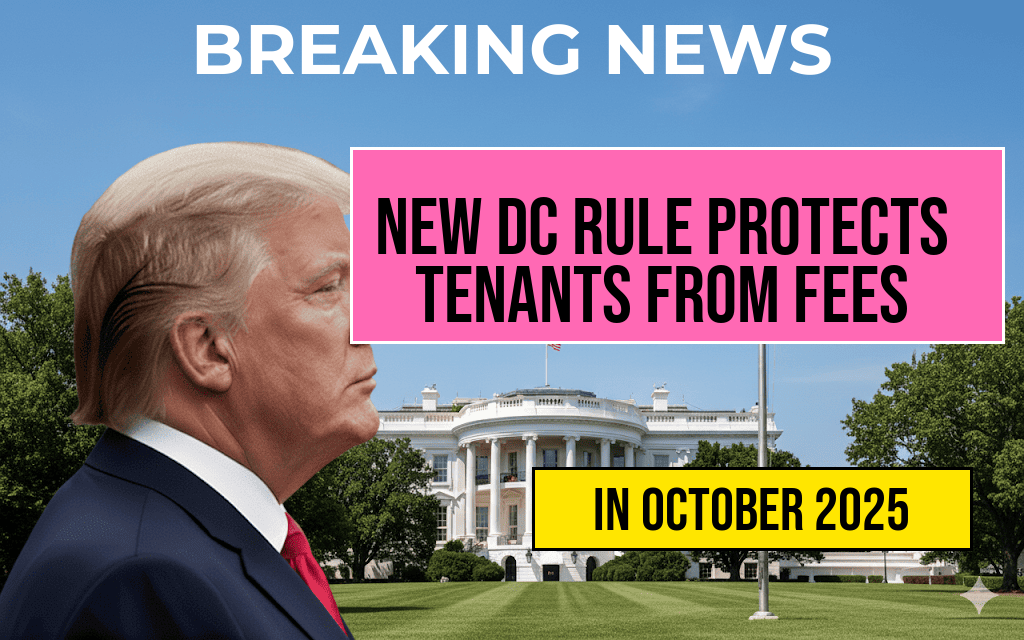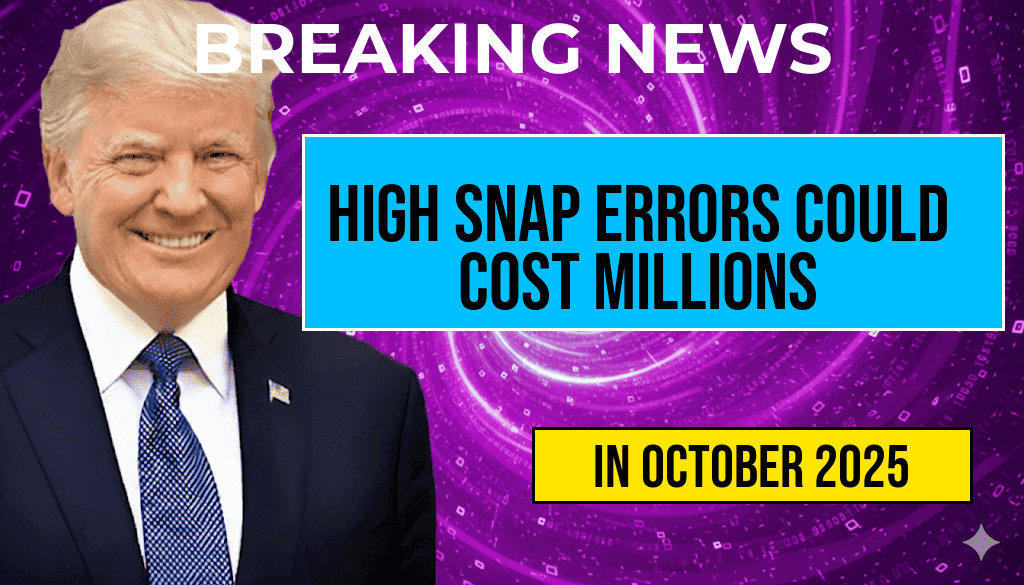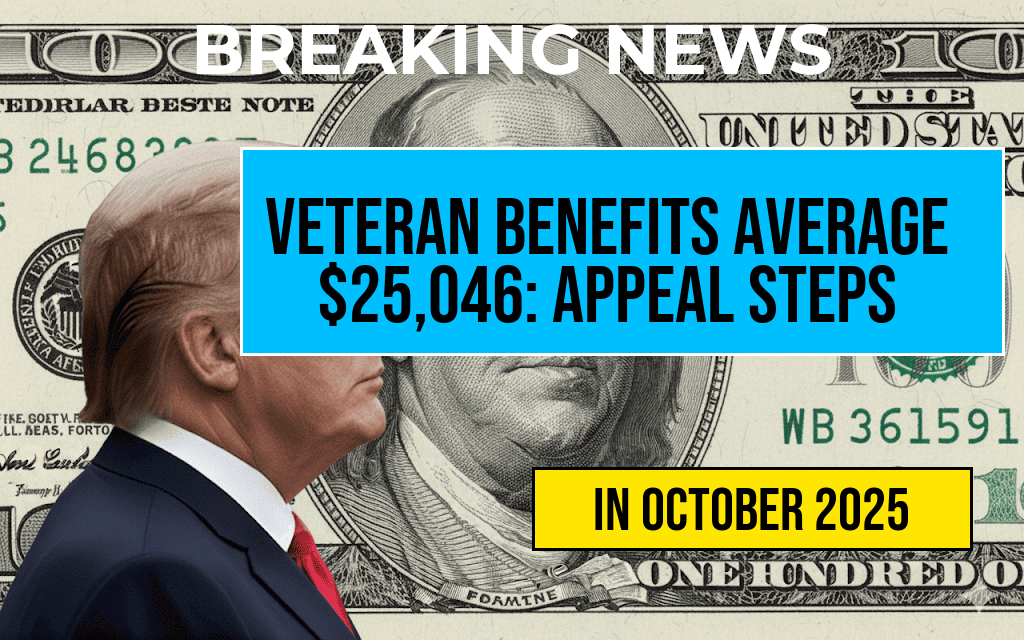The District of Columbia has introduced a new regulation aimed at protecting tenants from unexpected utility shutoff fees, a move that could save renters between $200 and $500 annually. The rule, which applies to various utility services including electricity, gas, and water, mandates that utility companies provide timely notifications to tenants before any disconnection of service occurs. This initiative is part of a broader effort to enhance tenant rights and ensure fair treatment in the rental market, especially in a city where many residents face rising living costs. By enforcing this rule, officials hope to minimize financial strain on tenants who may struggle to keep up with utility payments, ultimately fostering a more stable housing environment in the capital.
Understanding the New Regulation
The new notice rule, officially titled the “Utility Service Notification Requirement,” was enacted following extensive discussions among lawmakers and tenant advocacy groups. According to the D.C. Department of Energy and Environment, the regulation requires utility providers to notify tenants at least 30 days prior to any proposed disconnection of service due to non-payment.
Key Provisions of the Rule
- Advance Notification: Utility companies must send written notices to tenants, specifying the amount owed and the deadline for payment.
- Multiple Communication Channels: Notifications can be delivered via mail, email, or text message, ensuring that tenants receive the information in a timely manner.
- Tenant Rights Information: Each notification will include information on tenant rights and resources available for those facing financial hardship.
Financial Impact on Tenants
According to estimates from the D.C. Council, many tenants can expect to save significantly due to the prevention of surprise utility shutoff fees. The costs associated with having services disconnected and subsequently reconnected can range from $200 to $500, depending on the utility provider and the specific circumstances. By providing advance notice, the new regulation allows tenants to address payment issues proactively, potentially avoiding costly disconnect fees.
Reactions from the Community
Reactions to the new rule have been largely positive among tenant advocacy groups. Organizations such as the D.C. Office of Tenant Advocacy have lauded the decision, emphasizing its potential to alleviate financial pressures on vulnerable renters. Elizabeth Smith, a spokesperson for the coalition, stated, “This regulation empowers tenants, providing them with the necessary information to avoid service interruptions and the associated costs.” Furthermore, local residents have expressed relief, noting that unexpected utility shutoffs can lead to severe inconveniences and additional expenses.
Challenges Ahead
Despite the positive reception, some challenges remain in the implementation of the new rule. Utility companies need to adapt their notification systems to comply with the new requirements, which may involve investing in technology upgrades and staff training.
Potential Hurdles
- Infrastructure Adjustments: Utility providers must modify their existing systems to ensure compliance with the 30-day notification requirement.
- Awareness Campaigns: There is a need for educational outreach to inform tenants about their rights under the new rule.
- Monitoring Compliance: The D.C. government will need to establish mechanisms to monitor utility companies’ compliance with the regulation.
Looking Forward
As the District of Columbia moves forward with this new rule, officials are optimistic about its potential to create a more equitable rental market. By reducing the financial burden of surprise utility shutdowns, the city aims to foster greater housing stability for its residents. The rule’s success will depend on effective implementation and ongoing collaboration between government agencies, utility companies, and tenant advocacy groups.
Further Information
For more details regarding tenant rights and the new utility notification requirements, residents can visit the D.C. Housing Search website. This platform offers comprehensive resources for renters, including information about housing stability programs and assistance in navigating the rental process.
| Type of Utility | Approximate Savings Range |
|---|---|
| Electricity | $200 – $300 |
| Gas | $150 – $250 |
| Water | $100 – $200 |
Frequently Asked Questions
What is the new DC notice rule about?
The new DC notice rule aims to save tenants between $200 and $500 by preventing unexpected utility shutoff fees. This rule requires landlords to provide advance notice before any utility services are disconnected.
How does the rule benefit tenants?
The rule benefits tenants by ensuring they are informed ahead of time about potential utility shutoffs, allowing them to address any outstanding payments and avoid costly fees.
What types of utilities are covered by this rule?
This rule covers essential utilities such as electricity, water, and gas, which are critical for maintaining a safe and livable environment for tenants.
What should tenants do if they receive a notice of a utility shutoff?
If tenants receive a notice of a utility shutoff, they should promptly contact their landlord to discuss the issue and seek resolution, as the new rule mandates advance notification.
When did this DC notice rule take effect?
The DC notice rule took effect recently, marking a significant change in how landlords must communicate with tenants regarding utility shutoffs and related fees.








